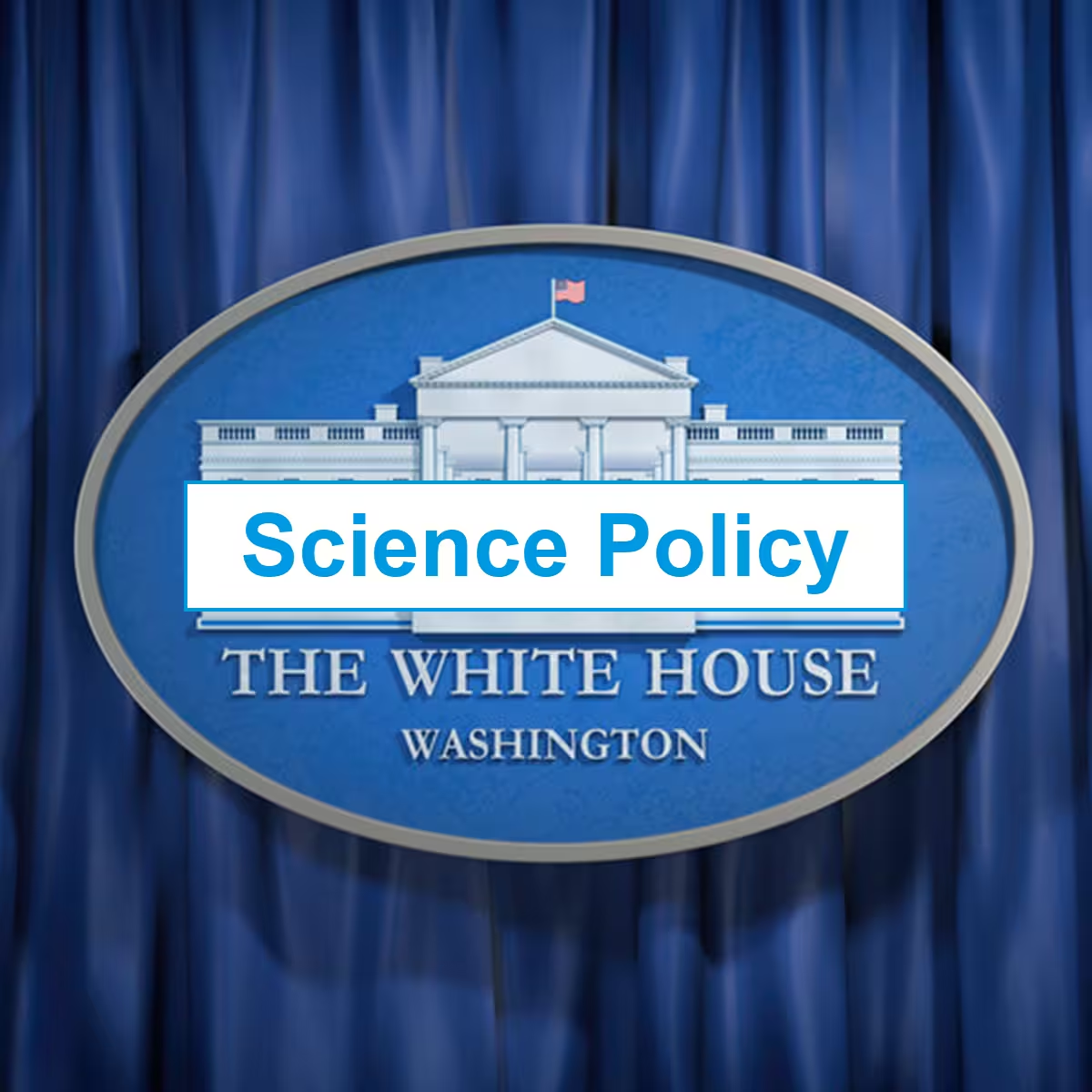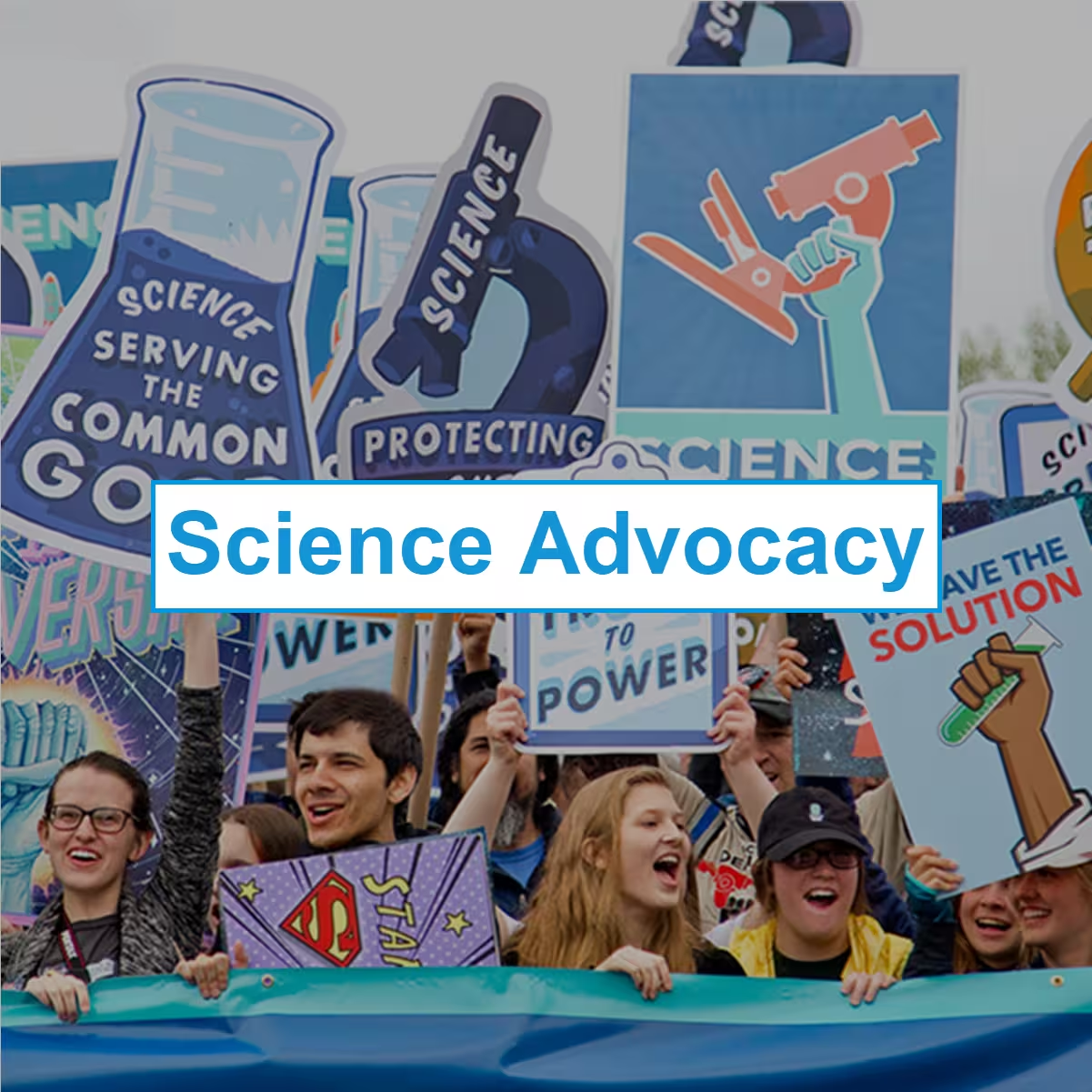




Aviva Philipp-Muller, Spike W. S. Lee, and Richard E. Petty
Lay people do not discover facts about reality in isolation, devoid of external inputs. Instead, they rely on sources of scientific information—scientists, or, more frequently for most people, journalists, health officials, politicians, or key opinion leaders—to construct their understanding of the world. In general, the more credible a source is perceived to be, the more likely people are to accept its information and be persuaded by it. Unfortunately, many people perceive scientists, who are supposed to be the original source of scientific information, as lacking credibility (10). Why?
Source credibility is composed of three pillars: expertise (i.e., possessing specialized skills and knowledge), trustworthiness (i.e., being honest), and objectivity (i.e., having unbiased perspectives on reality) (11). All three are necessary. When scientists (or anyone conveying scientific information) are perceived as inexpert, untrustworthy, or biased, their credibility is tainted, and they lose effectiveness at conveying scientific information and changing opinions.
Although scientists are generally perceived as high in competence and expertise (12), this perception is facing mounting challenges. Concerns about the truth value and robustness of scientific findings in multiple fields, from medical to social sciences (13, 14), have received media attention (15). Lay perception of scientists’ credibility can even be undermined by features central to the very mission of science: Legitimate debates happen within scientific fields, with different scientists championing different, sometimes contradictory, perspectives, theories, hypotheses, findings, and recommendations. [As a current example at the time of our writing, scientists differ in their recommendations about whether and when to roll out the second booster shot for COVID-19 (16). In principle, these can be signs of a healthy scientific ecosystem. In practice, contradictions between scientists, especially against the backdrop of replicability concerns, threaten lay perceptions of scientists’ credibility (17).
Scientists’ trustworthiness is also threatened by multiple social forces. Distrust of elites (i.e., those with societal influence) is on the rise (18), and scientists whose voices are broadcast in the public sphere are often employed by elite media and institutions. Distrust of government organizations is on the rise too (19), which predicts distrust in scientists who recommend innovations that would require greater governmental regulation (20). Furthermore, scientists have been stereotyped as cold and unfeeling in character (12, 21), which undermines the public’s willingness to trust them (21).
Scientists’ objectivity has also been called into question. Scientists in certain fields are portrayed and perceived as exhibiting biased perspectives against Christian (22) and conservative (23) values. Indeed, many religious individuals reject science, in part, due to the perception that scientists are atheistic (24). More generally, when scientists are thought to have a vested interest (e.g., monetary incentives) in persuading their audience, they are perceived as both biased and untrustworthy (25). During the COVID-19 pandemic, widespread misinformation characterized prominent public health officials as promoting the vaccine because of their financial investment in various pharmaceutical companies (26). In short, scientists can be perceived as inexpert, untrustworthy, or biased, which threatens their credibility in the public eye.
Previous | Next Basis 2: Recipient of the Scientific Message